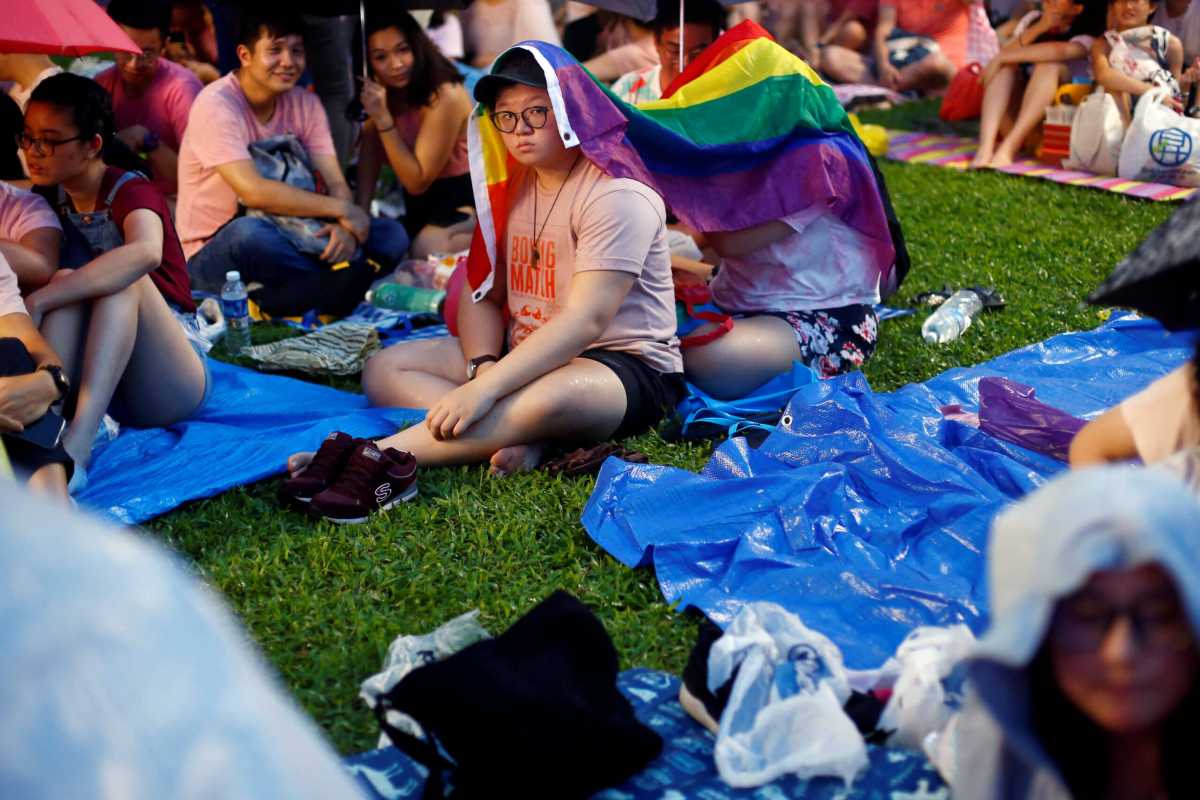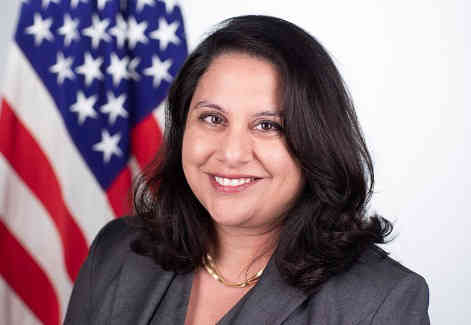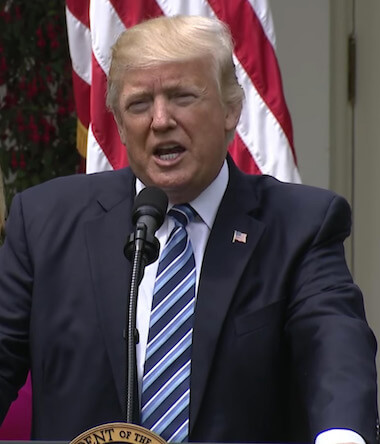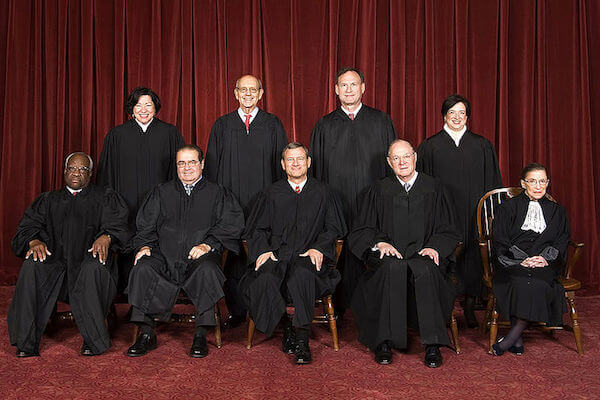The ongoing campaign to strike down British colonial-era anti-LGBTQ laws across the globe suffered a setback on March 30 when Singapore’s High Court upheld a ban on gay sex between men.
The court dismissed a trio of legal challenges to the law, which is rarely enforced but calls for up to two years behind bars for “gross indecency.”
High Court Judge See Kee Onn stressed the point that just because the law is rarely enforced, it does not mean it should be struck down.
“Legislation remains important in reflecting public sentiment and beliefs,” the judge wrote in a summary of the case before adding that the law “serves the purpose of safeguarding public morality by showing societal moral disapproval of male homosexual acts.”
The US Supreme Court’s 2003 decision in Lawrence v. Texas, which struck down the remaining state bans on sodomy here, explicitly stated that moral disapproval was not grounds for infringing on the liberty interest of same-sex people.
Those who mounted a legal fight to the law were producer and DJ Johnson Ong Ming, gay activist Bryan Choong Chee Hoong — who previously led an LGBTQ organization called Oogachaga — and retired doctor Roy Tan Seng Kee.
The defeat for the island city-state’s LGBTQ community comes more than five years after the Singapore Court of Appeals similarly turned down an opportunity to strike down the sodomy law, and the court indicated at the time that the law would need to change through legislation in Parliament.
“This decision will be extremely disappointing for the plaintiffs and the wider LGBT community in Singapore, who had great hopes that new evidence presented to the Court would make it clear that these draconian laws cannot withstand proper constitutional scrutiny,” said Téa Braun, who is the director of Human Dignity Trust, a legal charity that works to lend a helping hand to international legal battles pertaining to LGBTQ rights.
Those “great hopes” were likely due in part to recent gains in LGBTQ rights internationally, including in other nations still saddled with colonial-era laws. India decriminalized sodomy in 2018, while key gains were seen last year in Africa, where Angola rolled out a new penal code that did not ban same-sex activity and Botswana’s High Court decriminalized sodomy. In another step forward last year, Taiwan legalized same-sex marriage.
In addition to the sodomy law, Singapore also offers no discrimination protections (as is also the case on the federal level in the US) and there does not appear to be strong social acceptance of LGBTQ rights, though some reports have indicated that certain segments of the population — particularly younger people — have more tolerant views. As long as the law remains in place, however, social stigma will undoubtedly persist.
“The ruling will also echo harmfully around Asia, where millions of people are criminalised simply because of their sexual orientation or gender identity,” Human Dignity Trust’s Braun added.





































